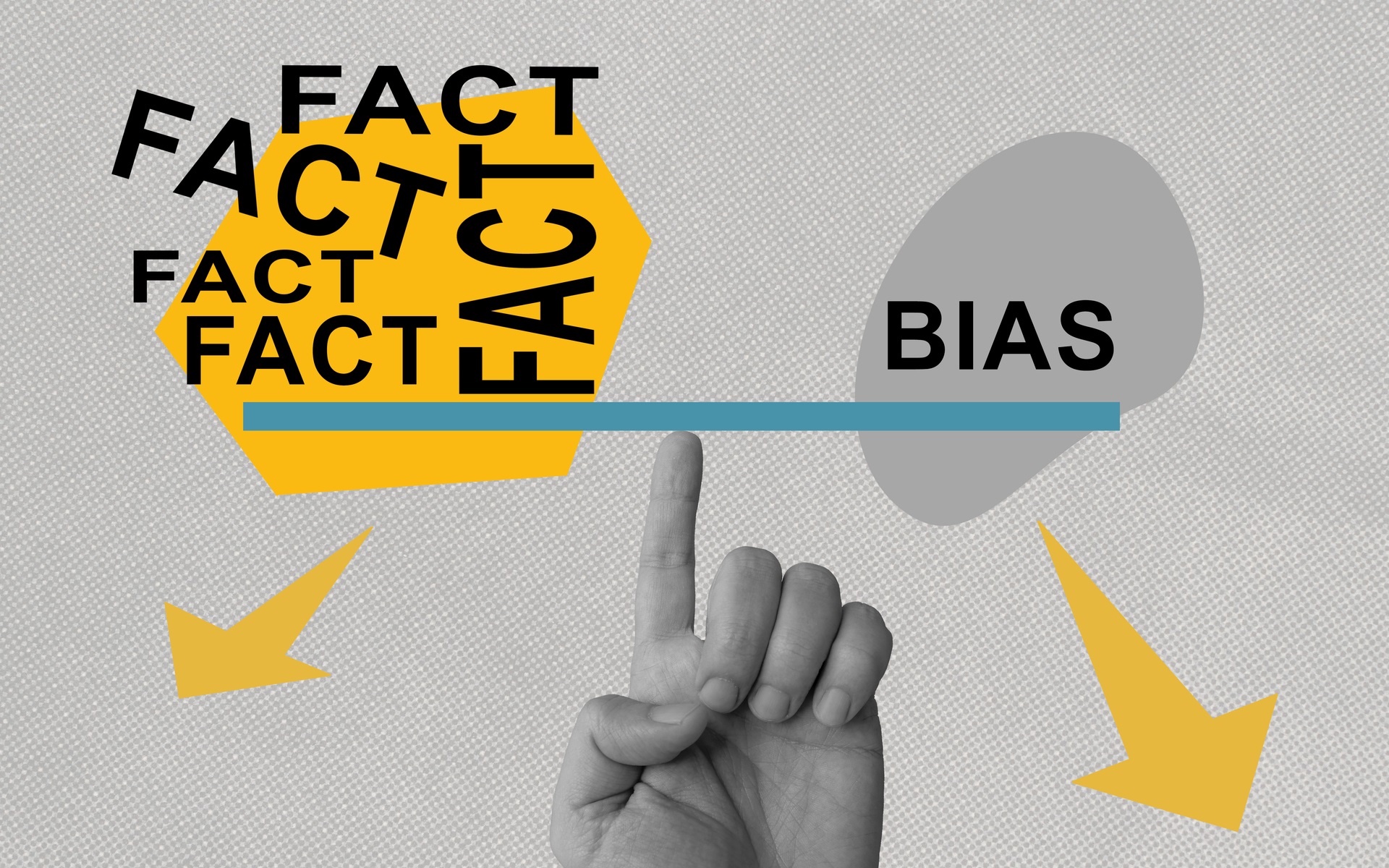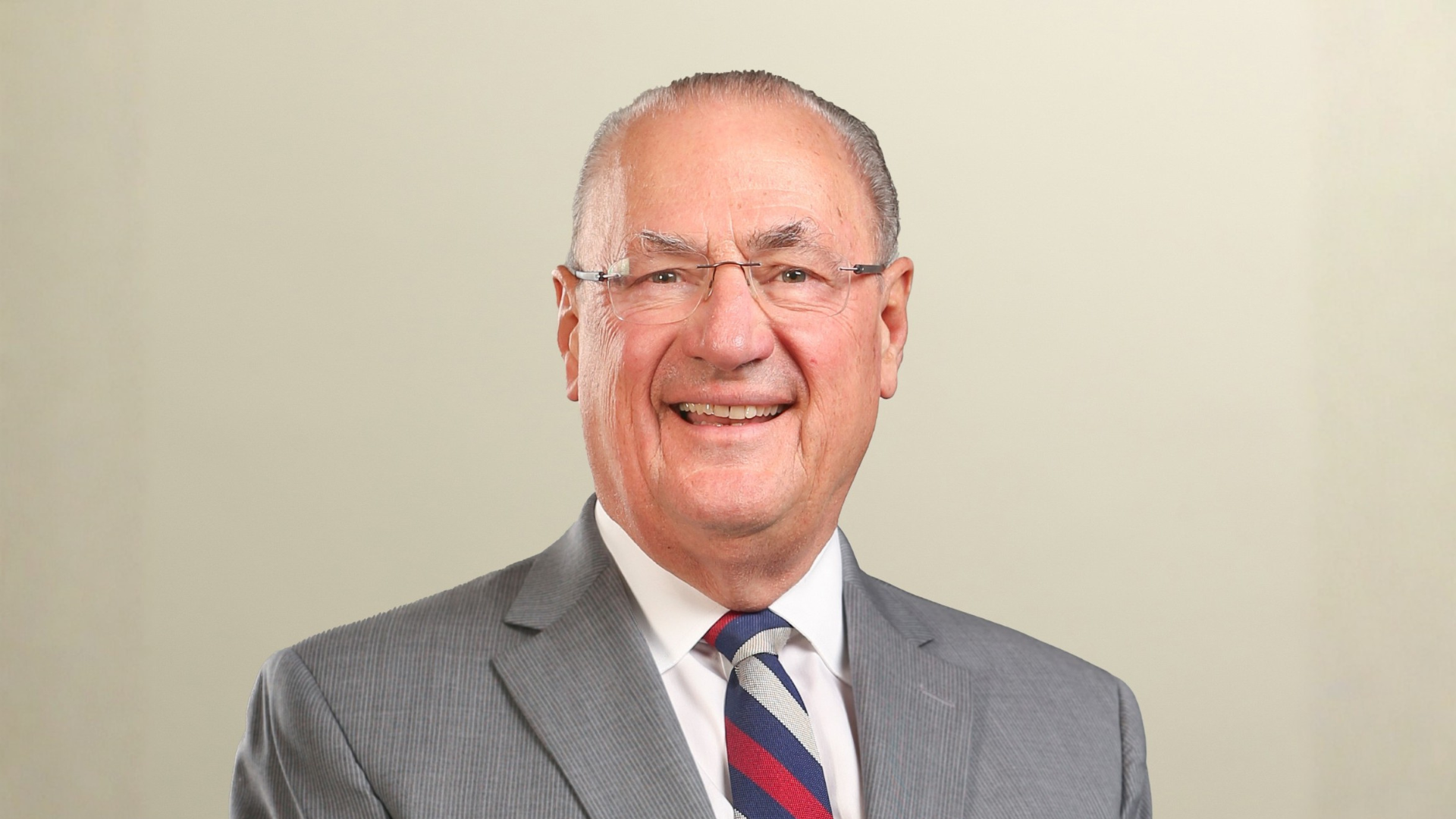A public hearing has been scheduled for February 6 on SB 5545: Requiring public employee collective bargaining sessions to be open meetings. This proposal would require all state and local government contract negotiations to be subject to the state's Open Public Meetings Act. Two local governments in Washington have already embraced contract transparency. The first to do so was Lincoln County on September 6, 2016. The Pullman School District followed on January 25, 2017.
Since 2004 the Governor of Washington has been granted the authority to negotiate secretly behind closed doors with state employee unions to determine how much taxpayers will provide for compensation for government employees. Prior to 2004 those decisions were made in public as part of the normal legislative budget process with the opportunity to comment in public hearings before compensation promises were made. Lawmakers only have the ability to say yes or no to these secretly negotiated contracts in their entirety. They are not allowed to propose alternatives as they do their work of adopting the 2017-19 budget.
To provide more transparency into this secretive process, SB 5545 (HB 1287 is a similar proposal) would subject these negotiations in the future to the state’s open public meetings law so that the public, media, and lawmakers could see what tradeoffs and promises are being proposed before the final agreements are reached. This is similar to the transparent process used in several other states when deciding the compensation of government employees and the amount of tax dollars required to fund the agreements.
When announcing the first secretly negotiated state employee contracts in 2004, then Governor Gary Locke said:
“This year’s contract negotiations mark the first time in state history that unions have been able to bargain with the state for wages and benefits. The new personnel reform law passed by the Legislature in 2002 expanded the state’s collective bargaining activities to include wages and benefits. In the past, the Legislature unilaterally set those terms.”
Not noted in this release, however, is that this was also the first time in state history these decisions were not made in public. Those opposed to the reform proposed by SB 5545 and HB 1287 have said that making government employee contract negotiations in Washington transparent isn’t necessary since citizens are able to make public records requests for all the documents and prior proposals to paint a clearer picture of what happened behind closed doors. According to the Office of Financial Management, however, no documents can be released publicly until after the Legislature approves the contracts and the Governor signs them into law. This means the public, media, and lawmakers are not able to see the negotiation details until after the taxpayer funding for them is already provided.
While SB 5545 and HB 1287 would retain the Governor’s authority to negotiate directly with state employee unions, it would provide more transparency in how these decisions promising taxpayer resources are made. Several states ensure that the public is not shut out of the collective-bargaining process with government unions. Some states open the entire negotiation process to the public, while others include an exemption when government officials are strategizing among themselves. Once public officials meet with union negotiators, however, the public is allowed to monitor the process.
This is exactly what occurs in Florida. As that state’s Attorney General explains:
“The Legislature has, therefore, divided Sunshine Law policy on collective bargaining for public employees into two parts: when the public employer is meeting with its own side, it is exempt from the Sunshine Law; when the public employer is meeting with the other side, it is required to comply with the Sunshine Law.”
The Governor of Idaho also recently signed into law a bipartisan bill passed unanimously by both the Idaho House and Senate to bring public employee union negotiations under the open meetings law. The lack of dissent on this reform in Idaho shows transparency for public union negotiations enjoys the broad support of both parties.
While both SB 5545 and HB 1287 would require government employment contracts to be subject to open meetings, SB 5545 provides the option to videotape the meeting instead if the video is posted online for the public to view within 24 hours of the meeting. Though an improvement over the total secrecy currently allowed under the law, the live public access to the meeting provided by HB 1287 is preferable. If the videotaped option of SB 5545 is instead enacted there should be clear penalties prescribed for failing to post the video and charges for accessing the video should be explicitly prohibited.
State and local employment contracts should not be negotiated in secret. The public provides the money for these agreements. Taxpayers should be allowed to follow the process and hold government officials accountable for the spending decisions they make on our behalf. Open meetings would identify whether one side is being unreasonable, and would quickly reveal who is acting in bad faith.
A broader conversation should occur about how the relatively new state collective-bargaining process, which took effect in 2004, is working. But even if mandatory government collective bargaining is retained, lawmakers should end the shroud of secrecy that surrounds the current negotiations as proposed by SB 5545 and HB 1287. If fully opening these meetings to the public is not possible, at a minimum and documents prepared by the state including offers and counteroffers submitted by the state or unions should be publicly available before the meeting occurs so the public can know what promises and tradeoffs are being proposed with their tax dollars.
Additional Information
Taxpayers should be able to monitor public-employee contract negotiations
Will Pierce be next to open union negotiations?
Government transparency is not an “unfair labor practice”





